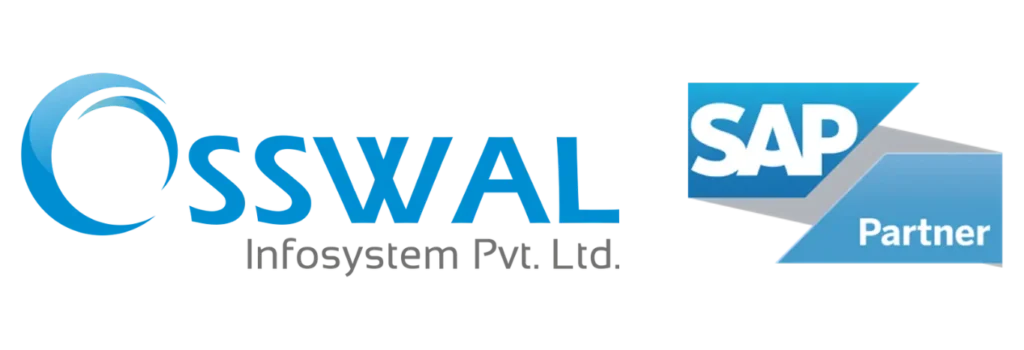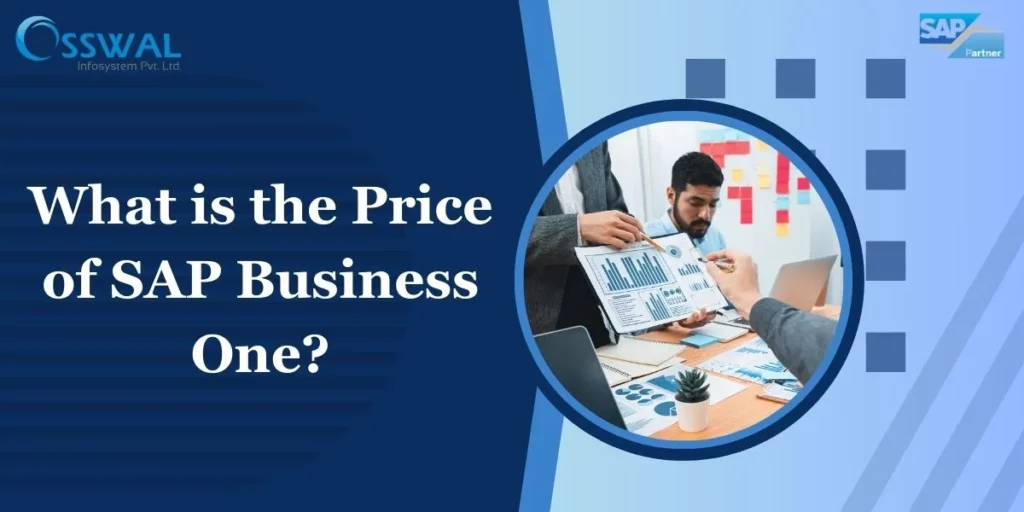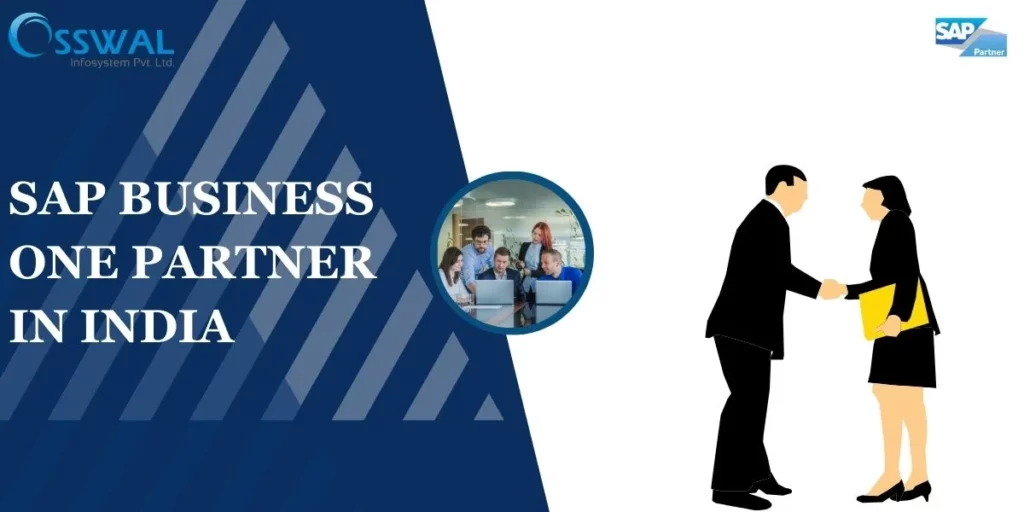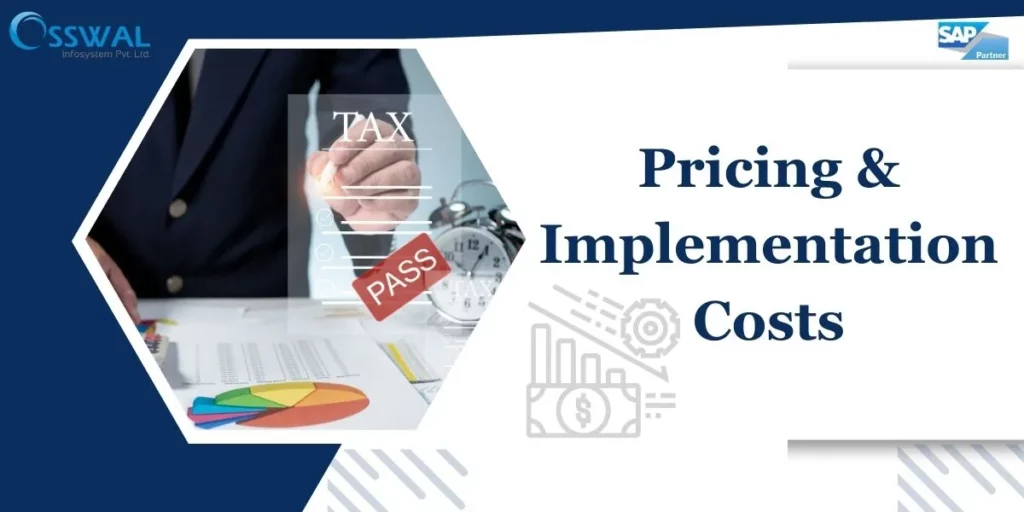In the realm of enterprise resource planning (ERP) solutions, SAP Business One has gained prominence for its comprehensive features tailored for small and medium-sized enterprises (SMEs). As businesses in India explore avenues to enhance operational efficiency, a crucial consideration is understanding the cost associated with implementing SAP Business One.
Understanding SAP B1 Pricing Structure in India
The cost of SAP B1 is influenced by various factors, making it essential for businesses to delve into the intricacies of the pricing structure. One key factor is the licensing model. SAP Business One operates on a named user licensing model, where each user requires a license to access the system. The pricing is tiered, meaning that as the number of users increases, the overall cost rises proportionally.
The core modules, encompassing finance, sales, purchasing, inventory, and customer relationship management (CRM), form the foundation of the pricing structure. Businesses can choose to customize their SAP Business One package based on their specific needs, adding modules that align with their unique processes.
Deployment Options and Cost Considerations
SAP B1 offers flexibility in deployment options, catering to the diverse needs of businesses. Two primary deployment models are on-premise and cloud-based subscriptions.
On-Premise Deployment:
The traditional on-premise installation involves hosting the SAP Business One software on the company’s servers. While this model provides control over data and system management, it requires an upfront investment in hardware and infrastructure.
Cloud-Based Subscription:
The cloud-based subscription model offers an alternative, spreading costs over a subscription period. This model is advantageous for businesses seeking scalability, flexibility, and reduced upfront hardware costs. It also ensures automatic updates, enhancing security and performance.
Factors Influencing Implementation Costs
Beyond licensing fees, businesses must consider additional costs associated with SAP Business One implementation.
Software Implementation:
The initial implementation involves configuring the system to align with the organization’s processes. Depending on the complexity, businesses may engage SAP consultants or third-party implementation partners, contributing to implementation costs.
Data Migration:
Transferring existing data into SAP Business One is a crucial step. The complexity of data migration depends on factors such as data volume and structure, impacting overall implementation costs.
Training:
Ensuring that users are proficient in utilizing SAP Business One is vital for maximizing its benefits. Training costs should be factored in to enable a smooth transition and efficient utilization of the ERP system.
Ongoing Support:
Post-implementation, businesses may incur ongoing support costs for updates, maintenance, and troubleshooting. Support packages offered by SAP or third-party vendors contribute to long-term costs.
Conclusion: Making Informed Decisions for Business Growth
While the SAP B1 cost in India involves a significant upfront investment, the potential for enhanced productivity and streamlined operations is substantial. Businesses must carefully evaluate their requirements, considering factors such as user licenses, deployment preferences, and implementation intricacies. By understanding the total cost of ownership and potential return on investment, businesses can make informed decisions that pave the way for sustained growth and competitiveness in the dynamic Indian market.



